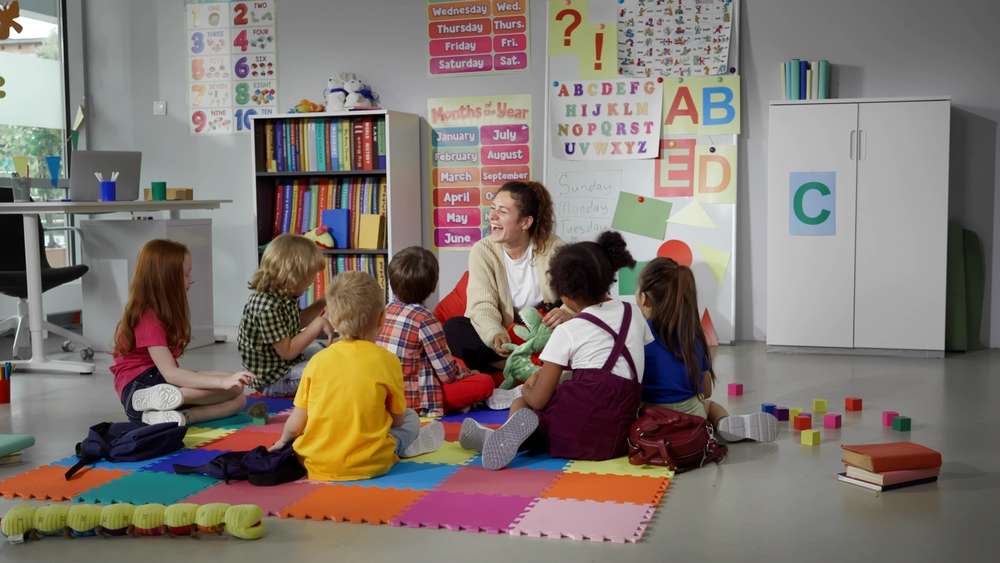Work in Daycare – Structured Roles in Japan’s Early Learning Sector
Employment in daycare includes guiding children through daily routines, creative play, and group activities. Staff work in teams to maintain safe and engaging spaces for learning and play. Positions are available in various settings, from small local centers to larger educational institutions.

What responsibilities do daycare workers have in Japan?
Daycare workers in Japan often engage in a variety of activities designed to stimulate children’s development. These may include organizing group games, conducting reading sessions, and facilitating art projects. Each of these activities serves a specific purpose in fostering cognitive, social, and motor skills in young children.
Group games, for instance, help children learn to follow instructions, cooperate with peers, and develop physical coordination. Reading sessions are crucial for language development and early literacy skills. Art projects encourage creativity and fine motor skills while allowing children to express themselves.
How important are communication skills in daycare roles?
Communication skills are paramount in daycare roles within Japan’s early learning sector. Daycare workers must effectively communicate with children, parents, and colleagues to ensure a safe, nurturing environment for the young ones under their care.
Clear and patient communication with children is essential for explaining activities, setting boundaries, and providing emotional support. When interacting with parents, daycare workers need to convey information about their child’s progress, any concerns, and daily activities. Effective communication with colleagues is vital for coordinating care, sharing observations, and maintaining a consistent approach to child development.
How do Japanese daycare facilities manage safety and hygiene?
Safety and hygiene are top priorities in Japanese daycare facilities. These centers typically implement strict protocols to ensure the well-being of children in their care. Regular safety checks of play equipment, secure entry systems, and constant supervision are common practices.
Hygiene management often includes frequent handwashing for both children and staff, regular disinfection of toys and surfaces, and proper food handling procedures. Many facilities also have protocols for illness prevention, such as daily health checks and policies for keeping sick children at home.
What support is provided to new staff in adapting to childcare tasks?
New staff in Japanese daycare centers often receive comprehensive support to help them adapt to their roles. This support may include orientation programs, mentorship from experienced colleagues, and ongoing training opportunities.
Orientation programs typically cover the facility’s policies, daily routines, and emergency procedures. Mentorship allows new staff to learn practical skills and strategies from seasoned professionals. Ongoing training may focus on child development theories, first aid, and the latest educational approaches.
How do hiring processes for daycare positions vary across Japan?
Hiring processes for daycare positions can vary depending on the region and type of facility in Japan. However, some common elements are often present in the recruitment process.
Many facilities require candidates to have relevant qualifications, such as a childcare or early education degree. Background checks and health screenings are typically mandatory. The interview process may include practical demonstrations of childcare skills or observations of the candidate interacting with children.
Some regions may have specific additional requirements or preferences based on local needs or regulations. It’s important for prospective daycare workers to research the specific requirements in their target area and for the type of facility they wish to work in.
In conclusion, working in daycare in Japan’s early learning sector involves a range of structured responsibilities and requires specific skills and qualifications. While the industry offers opportunities for those passionate about child development, it’s important to note that actual job availability and specific roles can vary. Prospective daycare workers should thoroughly research current opportunities and requirements in their desired location to gain a realistic understanding of the field.




